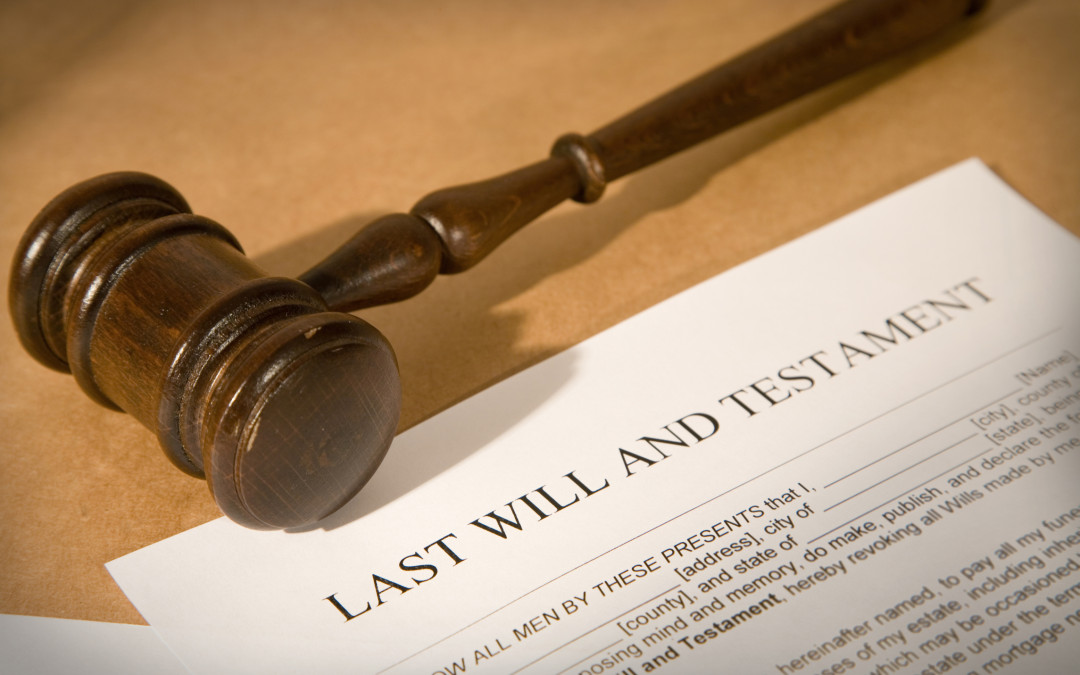Probate in Connecticut: You are the Executor / Fiduciary, Now What?
8 Steps You Need to Know
You have been appointed to handle the responsibilities of someone’s estate, this means someone close to you has passed away. This is a difficult time and a large responsibility, hopefully this article will ease some of the stress.
First and foremost, you should be honored to be assigned this task, it means that you have the characteristics needed to successfully honor the deceased last wishes. These character traits are Trustworthy, Responsible, Capable, Fair and Just. You now must prepare yourself for the tasks needed to complete the Probate process in a timely manner so the healing can begin.
- Within 30 days of the descendants passing, the executor or person with possession of the will must file the will and copy of the death certificate with the probate court where the descendant resided at the time of death along with the application for probate of descendant and appointment of the Executor.
- Consider hiring a probate attorney. If you are feeling overwhelmed at this point you may want to enlist in a professional to take the lead.
- The fiduciary is responsible for carrying out the intentions outlined in the will. A separate bank account in the name of the estate should be established as to not intermingle the assets of the estate with that of the fiduciaries accounts. The fiduciary also must place a notice to creditor’s ad in the locally appointed newspaper within 14 days of being appointed Fiduciary. The timelines and filing must be watched and guarded closely.
- A probate Bond in most circumstances should be obtained, if the will states there is no need for a Bond – the probate court probably won’t ask for one. The Bond should be the equivalent to the estimates liquid assets of the estate. It is an insurance policy for the possibility of mismanagement of Fiduciary and security for the beneficiaries and creditors.
- Within 2 months of appointment, the Fiduciary should have an inventory of the descendant’s solely owned assets. Assets can be sold before the conclusion of probate with court approval – including the sale of real estate.
- Fiduciary must have the list of creditors after the allotted time. All Taxes and fees will have to be taken care of. This includes reasonable compensation for the Fiduciary and the services they had conducted.
- A final account will then be filed and distribution and division of assets will be conducted.
- Filling of the Affidavit of Closing will conclude the responsibilities of the Fiduciary.
With all of these responsibilities, Sentinel Investments can help with some of the load. We are able to purchase the real estate associated with the probate file without going through the traditionally long and expensive route. We do not need bank financing or a mortgage. We require no repairs to be done, heck we won’t even have a traditional inspection done. Take the valuables and wanted items and leave the rest.
By closing in this manner it will save you considerable money and time. The Estate will not be responsible for repairs, maintenance, taxes, landscaping, snow removal, property clean out, mortgage payments and Realtor commissions.
Please call us anytime (203) 996-7339 or fill out our online form to get started..


Recent Comments